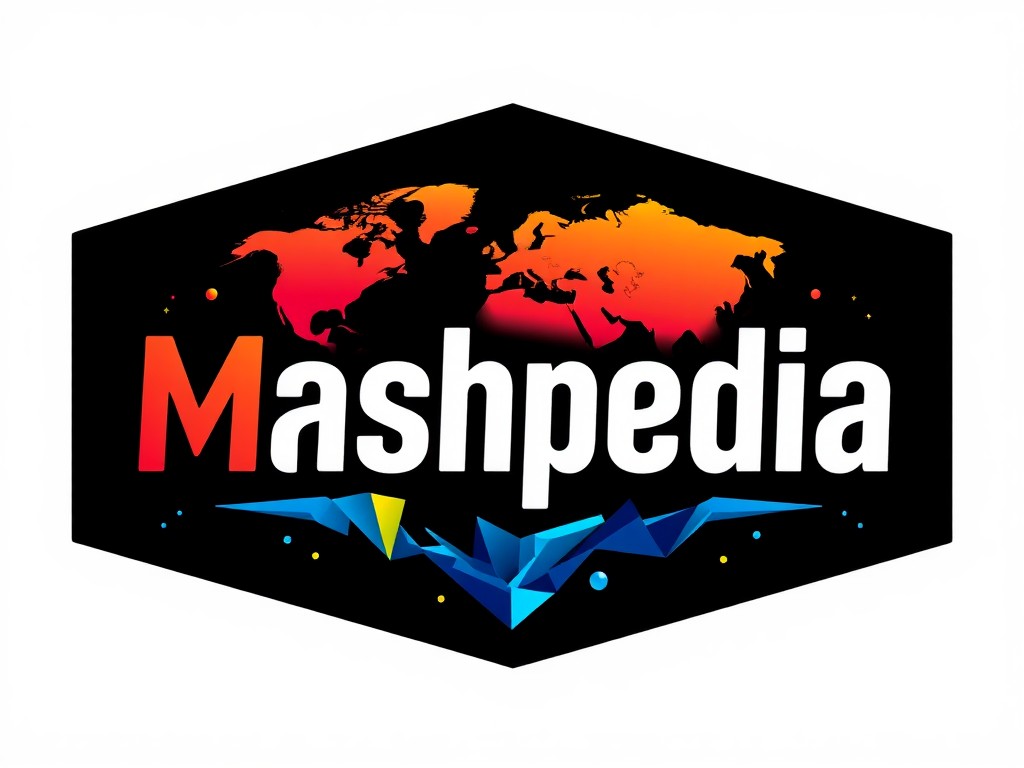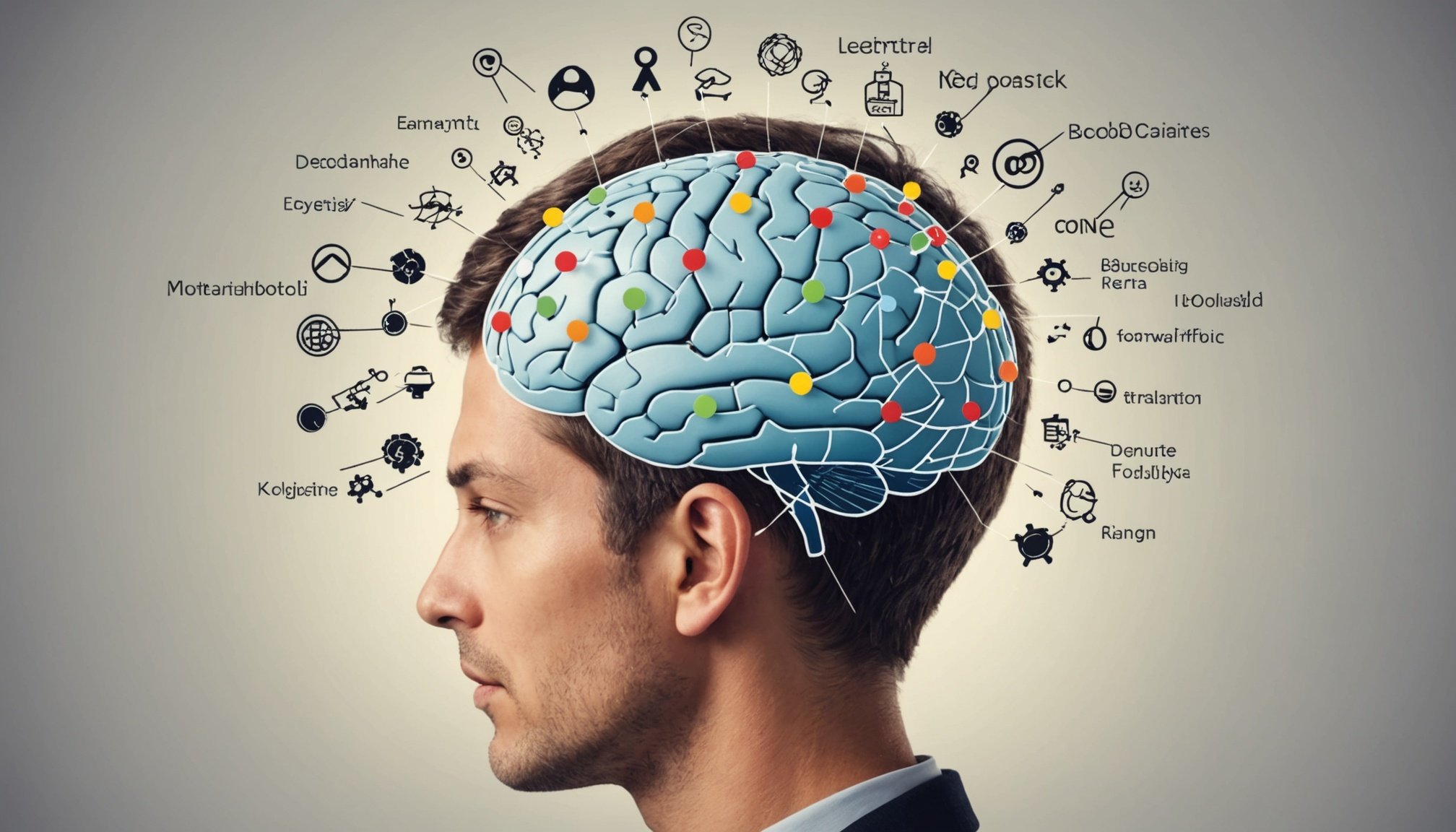Understanding Cognitive Resilience
Cognitive resilience refers to the brain’s ability to cope with stress and adversity, maintaining or even enhancing mental functions despite challenges. As individuals age, fostering this mental strength becomes crucial in safeguarding mental health and overall well-being. Cognitive resilience supports psychological adaptability and emotional regulation, enabling individuals to navigate life’s complexities with greater ease.
In adulthood, cognitive resilience serves as a protective buffer against mental health issues, like depression and anxiety. This resilience ensures that adults can maintain their cognitive abilities, even when faced with stressors or changes. It’s not about avoiding challenges but having the mental strength to recover from them and learn from experiences.
Also to see : Transforming Fear: The Role of Virtual Reality Exposure Therapy in Conquering Phobias
Neuroplasticity plays a pivotal role in bolstering cognitive resilience. This concept refers to the brain’s remarkable ability to reorganize itself by forming new neural connections throughout life. This adaptability allows the brain to adjust in response to new situations, enhancing learning and memory. In essence, neuroplasticity is the foundation of cognitive resilience, as it empowers individuals to adapt successfully to new challenges and maintain mental acuity throughout adulthood.
By nurturing cognitive resilience through practices that stimulate neuroplasticity, individuals can promote long-term mental health and sustain their cognitive functions as they age.
In the same genre : Empowering young learners: the brain boosting benefits of bilingual education for early childhood development
Benefits of Language Learning for Adults
Engaging in language learning as an adult can significantly enhance cognitive benefits. Studies suggest that acquiring a new language improves memory retention, as the process of memorizing vocabulary and grammar rules strengthens mental connections. Such activities not only enhance mental agility but also aid in long-term cognitive health, combating age-related decline.
When adults tackle new linguistic challenges, they also develop better problem-solving skills. The ability to switch between languages encourages the brain to think more flexibly, fostering creativity and innovative solutions. Language learning allows individuals to approach tasks from different perspectives, enhancing their analytical capabilities.
Research has consistently shown positive effects of language acquisition on the aging brain. Adults who embrace multiple languages experience slower cognitive decline, remaining mentally sharp as they age. This suggests that mental agility can be maintained and even improved through language learning, making it a valuable endeavor for individuals seeking to enhance their cognitive well-being.
Cognitive benefits are therefore not merely confined to enhancing memory but widespread, impacting various brain functions. Embracing language learning as an adult can lead to a more agile, innovative, and resilient mind, making it an invaluable tool in lifelong mental wellness.
Scientific Research and Case Studies
Scientific studies consistently show that learning a new language can have a profound impact on cognitive enhancement. These studies highlight the connection between language acquisition and improved brain health.
Overview of Key Studies
Numerous scientific studies have explored how language learning benefits cognitive functions. For example, research has found a link between multilingualism and delayed onset of diseases like Alzheimer’s. The depth of these studies underscores the potentially life-altering benefits of language acquisition on mental acuity.
Evidence from Neuroscience
Insights from neuroscience provide compelling evidence of how language learning transforms brain function. Functional MRI scans reveal changes in brain structure and activity in polyglots compared to monolinguals. This suggests that the brain becomes more adept at memory, problem-solving, and multitasking, leading to cognitive enhancement.
Real-world Case Studies
Real-world case studies bring these scientific findings to life, showcasing personal stories of those who benefited from learning languages later in life. For instance, many individuals report heightened cognitive function and mental sharpness. These testimonials offer tangible examples of how learning new languages serves as a powerful tool for language impact and overall cognitive resilience.
Practical Methods for Language Acquisition
Language learning strategies are crucial for adults seeking to master a new language. Adopting effective methods can make the process smoother and more engaging. One such strategy involves setting realistic goals, which helps learners maintain motivation and track progress. Starting with small, achievable milestones encourages consistency, an essential factor in the journey of adult education.
Immersive experiences are highly beneficial for language acquisition. Engaging in environments where the language is spoken naturally aids in faster comprehension and retention. This immersion can occur through travel or by participating in local language groups. Social interaction is another key aspect, as conversing with native speakers builds confidence and fluency. This makes the language more than just words on a page; it becomes a living part of the learner’s world.
Another effective technique involves incorporating language learning into daily routines. Listening to music, podcasts, or watching films in the target language can enhance vocabulary and understanding. These methods, rooted in real-world application, offer practical and enjoyable ways to absorb new languages. By integrating language learning strategies such as immersion and interaction, adults can create a dynamic and successful learning environment that fosters continual growth and enthusiasm.
Resources and Tools for Language Learners
Utilising the right language resources can make a notable difference in mastering a new language. Various learning tools and educational platforms are designed to cater to different learning styles and preferences.
Recommended Apps and Online Platforms
Innovative apps and platforms such as Duolingo, Babbel, and Rosetta Stone offer interactive courses and exercises. These applications provide structured lessons, real-time feedback, and up-to-date content that aligns with modern language learning methodologies. Whether you prefer gamified learning or comprehensive study, there’s a platform tailored for you.
Community Resources and Meetups
Engaging with community resources offers an immersive experience that traditional methods may lack. Language exchange meetups and online forums provide opportunities to practice conversational skills. They connect learners across the globe, promoting cultural exchange and real-world communication.
Books and Study Materials
Investing in high-quality books and study guides can supplement digital resources. Classics like “Fluent Forever” and specific grammar books offer deeper insights into language structures. Self-study materials often include exercises and audio components to reinforce vocabulary and pronunciation, providing a well-rounded approach to language acquisition.











